CBD: An Effective Anxiety Control Tool?
For those dealing with anxiety, symptoms such as a racing heart, clammy hands, and racing thoughts can make everyday life unbearable.
According to the World Health Organization (WHO), one in 13 people in the world experience an anxiety disorder, making it the most common mental disorder in the world. For those living with anxiety, finding a safe way to manage symptoms is a critical task.
Fast-acting anti-anxiety drugs such as Xanax and Valium may provide instant relief, but are a common cause of addiction. Long-acting anti-anxiety drugs like Prozac can help over time, but not for everyone.
Entering the scene is cannabidiol, known as CBD. Recently, it has been gaining popularity as an alternative or complementary method of treating anxiety.
CBD: Just a hype or an effective anti-anxiety remedy?
Clinical studies of CBD as a treatment for anxiety disorders have been growing in recent years, accumulating evidence of its therapeutic potential.
Although most research on CBD is preclinical and uses animal models, clinical trials involving humans are now also beginning to emerge.
In a 2019 double-blind study, 37 Japanese teenagers with social anxiety disorder (SAD) received 300 mg of CBD oil or a placebo daily for four weeks. Adolescents were assessed using surveys used to diagnose and measure SAD symptoms. CBD's anxiolytic properties reduced symptoms associated with the disorder, providing relief comparable to Paroxetine, a drug often used to treat the condition.
Interestingly, at follow-up, nine of the seventeen adolescents who received the CBD intervention also reported that they had decided to seek help. Teens with SAD rarely seek help because of the stigma attached to the condition and fear of interacting with therapists.
A 2019 retrospective randomized study reviewed inpatients at a psychiatric clinic in Fort Collins, Colorado. Forty-seven patients expressed concern about anxiety. For three months, most patients received 25 mg of CBD daily in addition to their main treatment.
After the first one-month assessment, 79.2% of patients experienced relief of anxiety. After two months, 78.1% of patients reported further relief compared to the previous month.
However, there were also patients who reported that their anxiety symptoms worsened after using CBD - 15.3% felt that their anxiety worsened after the first month, and 19.5% felt that their anxiety worsened even more after the second month.
Another 2018 study also suggests that CBD may increase anxiety. It included a small sample of individuals with paranoid traits and found that CBD exacerbated anxiety in some participants. Anxiety was measured through symptoms such as cortisol concentration, heart rate, and systolic blood pressure.
These conflicting results may be due to factors such as small sample sizes and differences in dosage. CBD is a bidirectional drug, meaning it can cause opposite reactions at different doses. We'll cover this in more depth below.
How to Use CBD for Anxiety: Best Ways and Tips
How to use CBD to reduce anxiety? If you are considering using CBD oil as a tool to manage anxiety, education is important. Understanding the advantages and disadvantages of different consumption methods can help you determine which form of consumption best suits your needs.
Tinctures and Oils
CBD tinctures and oils are a quick, easy and precise way to consume CBD. Most tinctures contain alcohol-based CBD. CBD oils contain CBD extracts infused into a carrier oil such as coconut or hemp oil.
Tinctures and oils are taken using a dropper, which makes it easy to measure intake. The cannabinoid enters the bloodstream quickly when taken sublingually - effects can appear as quickly as ten minutes and last up to three to four hours.
CBD vape oils
CBD can be vaped using a special pen that vaporizes the oil. The safety of vaping is now under intense scrutiny. The serious lung disease, known as VAPI or EVALI, hospitalized more than 2,000 people and resulted in 42 deaths. The federal Centers for Disease Control has determined that most cases are linked to the use of counterfeit THC cartridges contaminated with vitamin E oil (tocopheryl acetate).
CBD vaping cartridges purchased from legal licensed cannabis stores are highly regulated, while CBD cartridges purchased from other sources are completely unregulated. Be careful when considering any vaping product in an unregulated environment.
Edible
CBD can be added to almost any food. While it's very easy to consume in this form - and often tasty, especially in chewable form - it can take an hour or more before results are felt.
Also, the oral bioavailability of CBD can slow down the absorption of CBD - when you take CBD orally, it has to pass through your digestive tract before being metabolized by the liver. As a result, a limited amount of CBD enters the bloodstream.
It is also important to note that the FDA has recently declared CBD foods illegal. You will have to get edible CBD from licensed adult markets.
Smoking
Smoking provides an almost instant way to enjoy the effects of CBD. Smoking sends the cannabinoid directly to the alveoli of the lungs, and from there the CBD molecules enter the bloodstream for rapid absorption. However, measuring CBD intake can be difficult when smoking, and the very act of smoking can cause lung inflammation.
CBD dosage for anxiety: Tips and tricks
If you've read the studies above, you've probably noticed significant differences in dosages. Teenagers in the Japanese study received 300 mg of CBD daily, while patients in Colorado received 25 mg. Why such a big difference in dosage?
As most scientists and doctors will attest, there is no universally recommended dose for CBD, and to date there have been no large-scale clinical trials to establish dosage guidelines. Additionally, the FDA is still studying the properties of CBD, such as its cumulative effect on the body, before deciding how to regulate it.
This does not necessarily mean that CBD is dangerous. Existing studies already indicate that it appears to be a safe and well-tolerated treatment. If you're interested in experimenting with CBD to reduce anxiety symptoms, take an educated, cautious approach to dosing (which is always a good idea). Below are some dosage recommendations.
General advice on dosage:
Body weight
Metabolism
CBD concentration
The degree of anxiety
The concentration of CBD varies between products and is usually expressed in milligrams (mg) per container.
Bidirectional effects:
CBD can cause different reactions at different doses, a phenomenon known as bidirectional effects. Overstimulation of the body's endocannabinoid system can exacerbate symptoms rather than relieve them.
Additionally, large doses of CBD, such as 300 mg, can lead to drowsiness and relaxation. In contrast, small doses of CBD can cause an uplifting response, inducing alertness and alertness. The best way to avoid unwanted bidirectional effects is to follow the principle: start with a low dose, go slowly.
Start with a low dose, go slowly:
Titration is the process of adjusting the dose of treatment to obtain maximum benefits without unwanted effects. CBD has been shown to be safe even at high doses (300-600 mg), however, it is wise and more economical to start with a low dose and gradually increase it as you see how you feel.
This method forces you to pay attention to minor changes in the body under the influence of treatment. Everyone's optimal dose and tolerance is unique, and this process allows you to become familiar with yours.
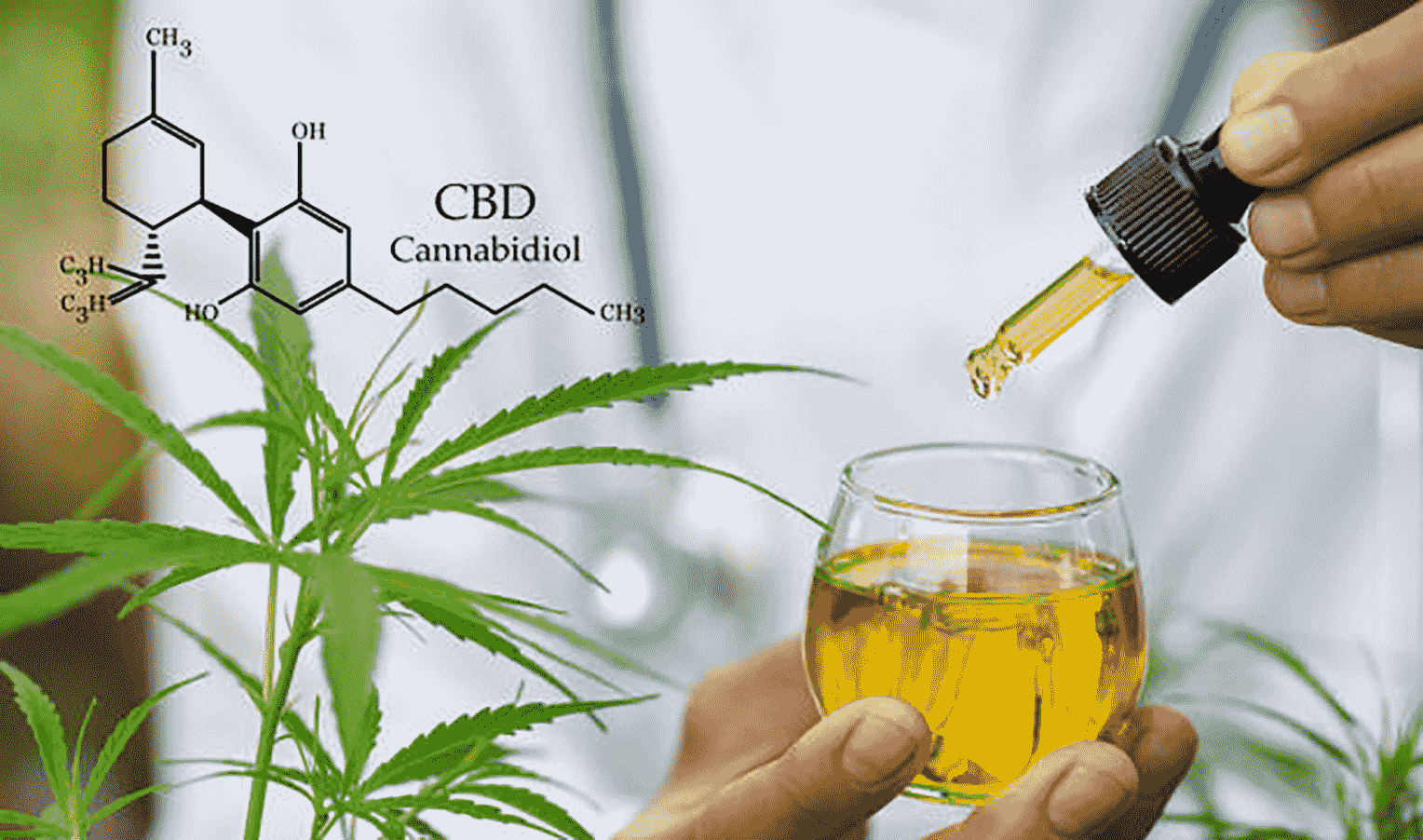
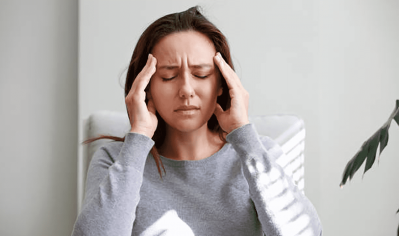
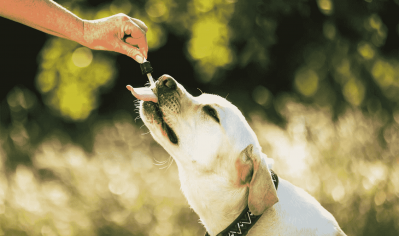
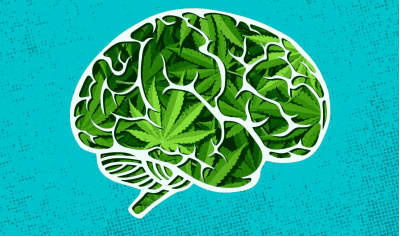
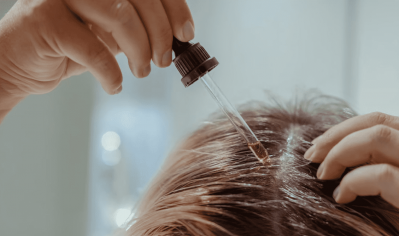
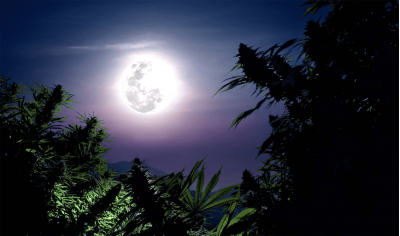
Write a comment